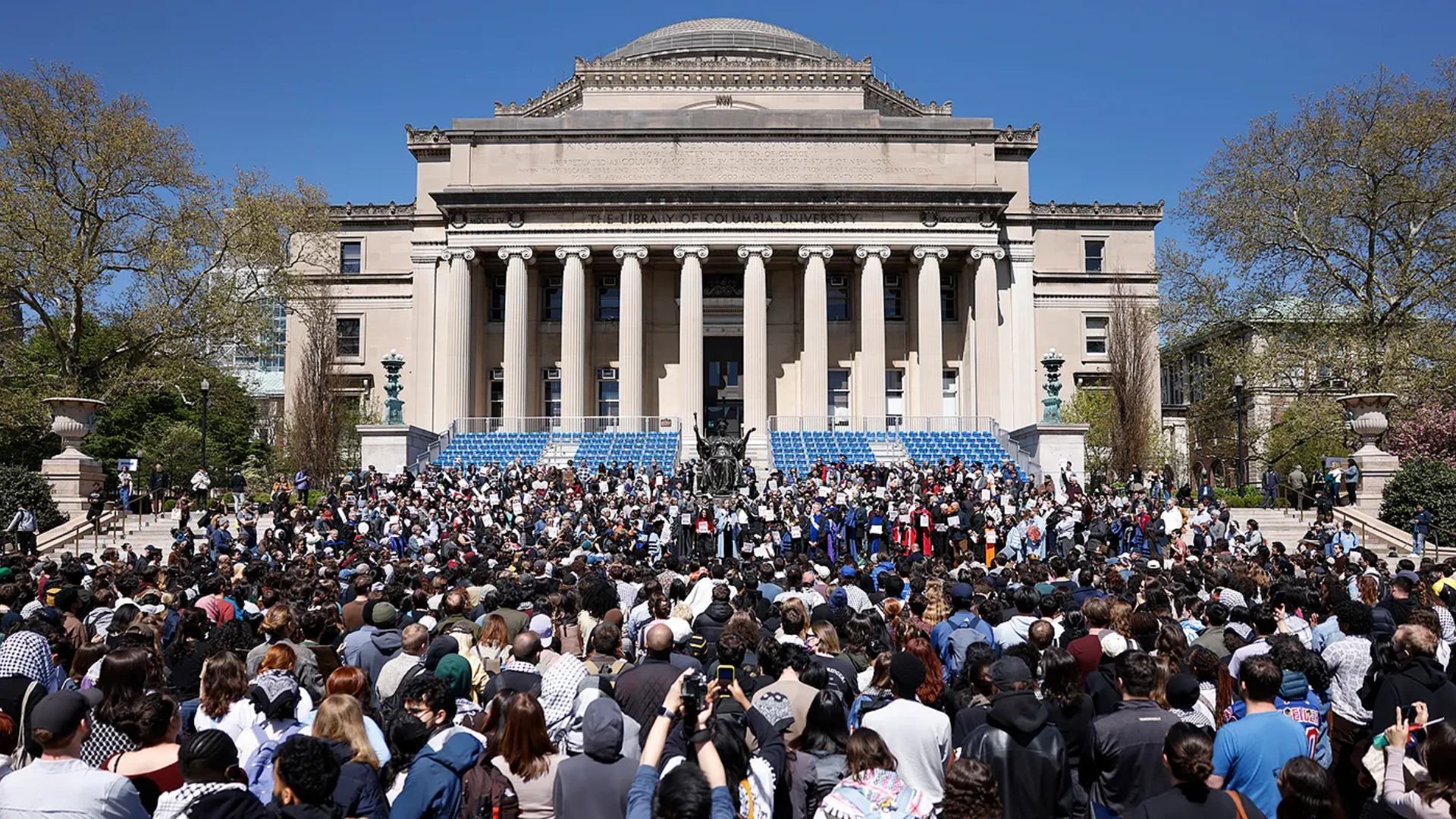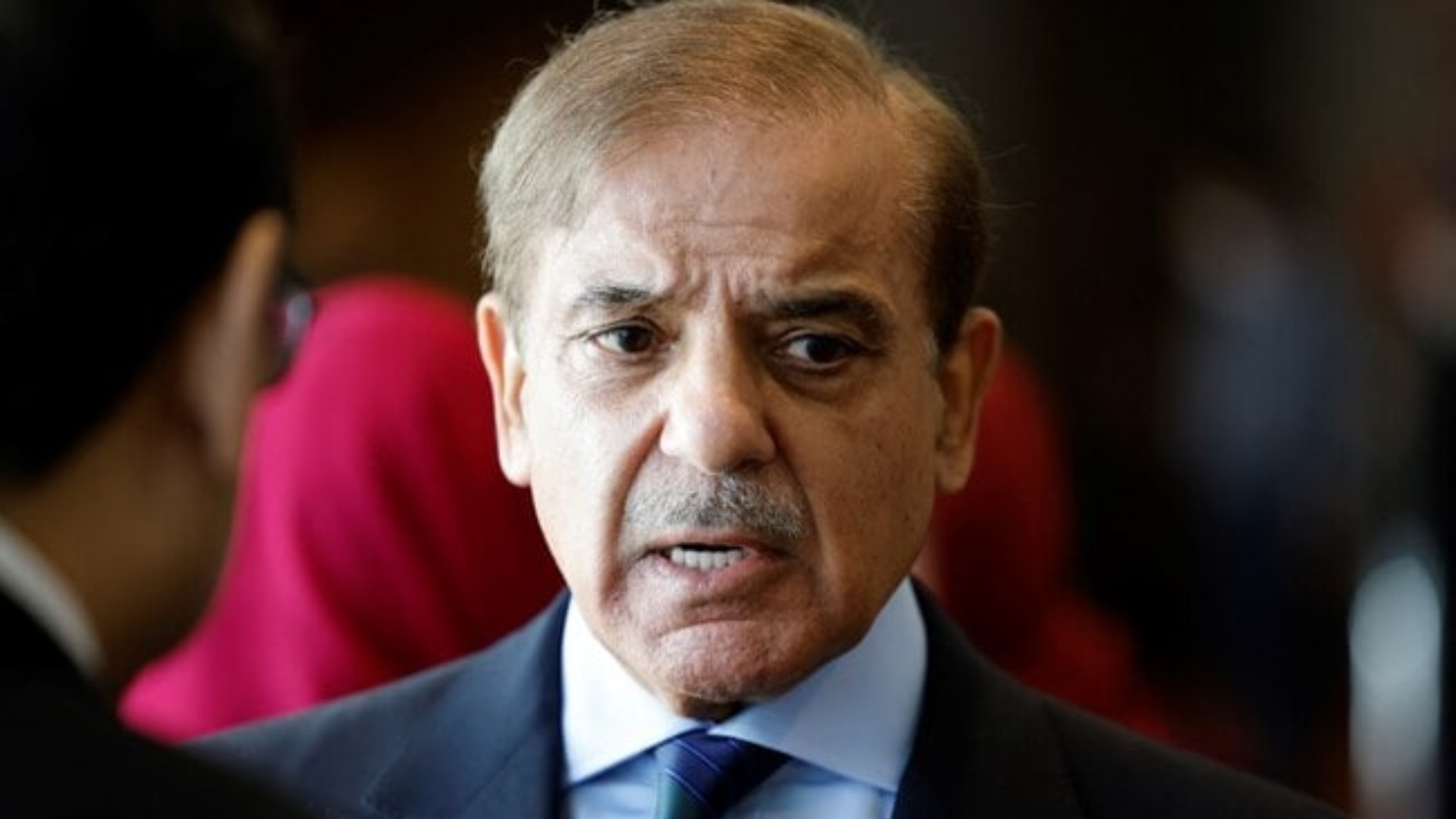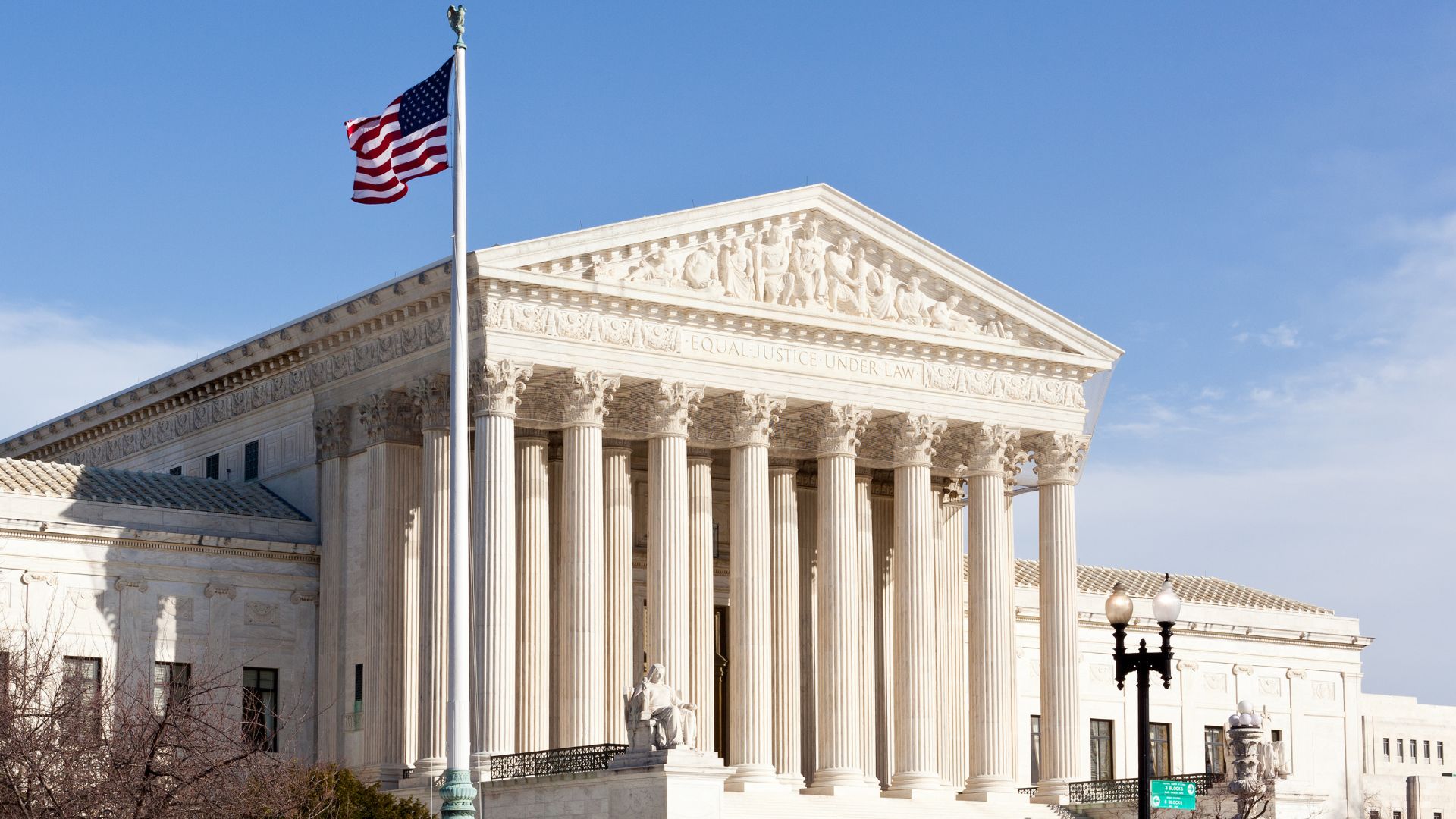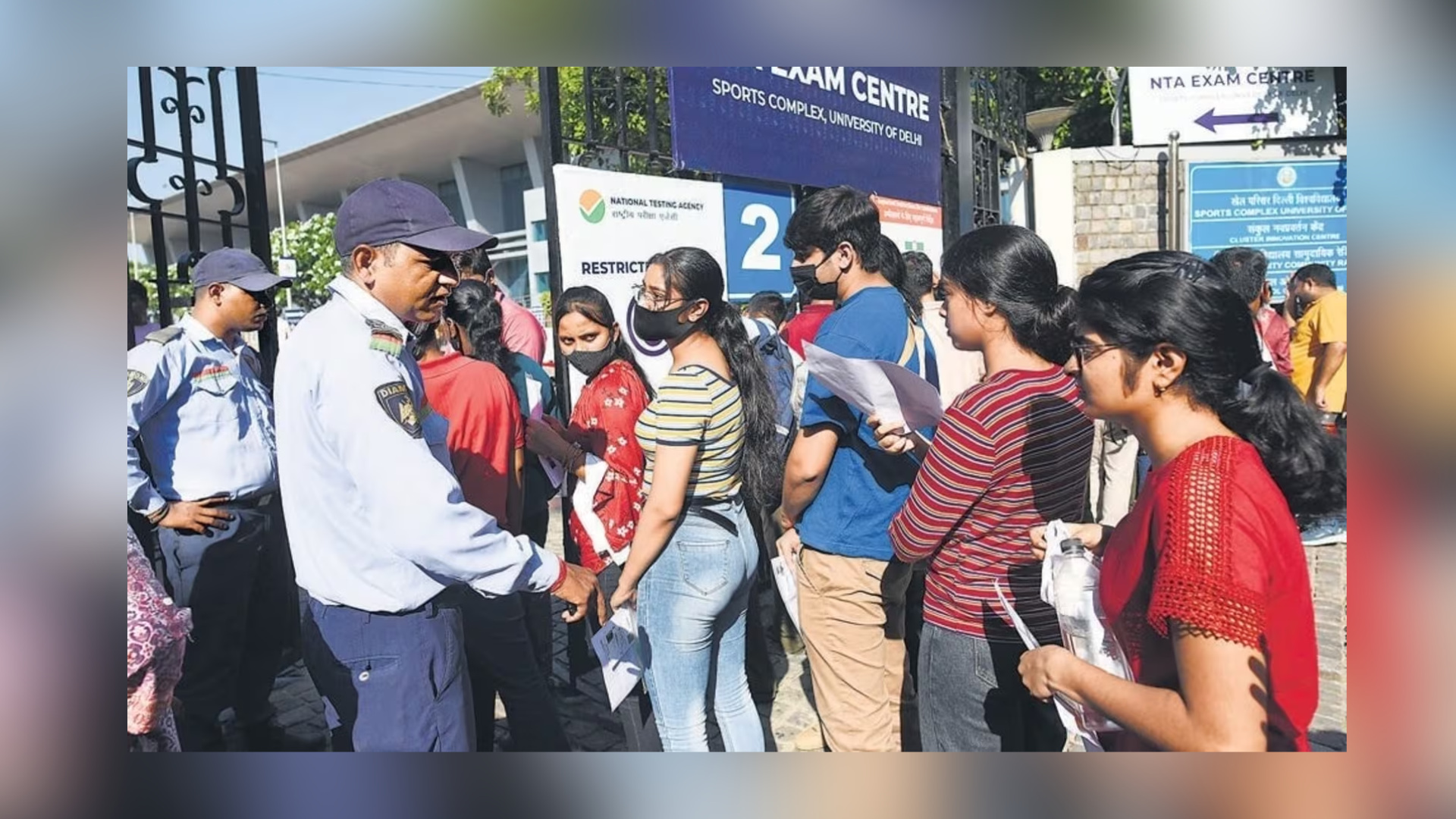The U.S. Supreme Court has declined to intervene in a Texas law allowing state law enforcement to arrest individuals suspected of illegally crossing the U.S.-Mexico border. This decision comes as President Joe Biden’s administration sought to block the enforcement of the law, arguing that it violates federal immigration regulations and the U.S. Constitution.
The Texas law, known as SB 4, was signed by Governor Greg Abbott in December, granting state authorities the power to arrest individuals suspected of entering the United States unlawfully. Governor Abbott cited the Biden administration’s perceived failure to enforce federal immigration laws as justification for the law, accusing the president of leaving Texas to address the issue independently.
Under SB 4, illegal entry or re-entry into Texas is classified as a state crime, carrying penalties ranging from 180 days in jail to 20 years in prison. Additionally, Texas magistrate judges are mandated to order migrants to return to Mexico, with potential lengthy sentences for non-compliance.
The Biden administration swiftly challenged the law in court, asserting that it encroaches upon the federal government’s authority to regulate immigration. However, Texas-based U.S. District Judge David Ezra initially ruled in favor of the administration, blocking the enforcement of SB 4. Yet, the decision was later overturned by the New Orleans-based 5th U.S. Circuit Court of Appeals, prompting an emergency request to the Supreme Court.
Justice Samuel Alito temporarily halted the enforcement of SB 4, allowing the Supreme Court to deliberate on the matter further. The administration argued that the law undermines constitutional provisions and a 2012 Supreme Court precedent, emphasizing the need for a unified approach to immigration regulation.
Texas has implemented various measures under Operation Lone Star to deter illegal crossings, including deploying National Guard troops, installing barriers, and enacting legislative measures such as SB 4. Meanwhile, the political landscape surrounding immigration remains contentious, with Republicans and Democrats at odds over policy approaches.
The refusal of the Supreme Court to halt the enforcement of SB 4 signifies a setback for the Biden administration’s efforts to challenge state-level immigration measures. As debates continue over border security and immigration reform, the situation along the U.S.-Mexico border remains a focal point for policymakers and voters alike.




















